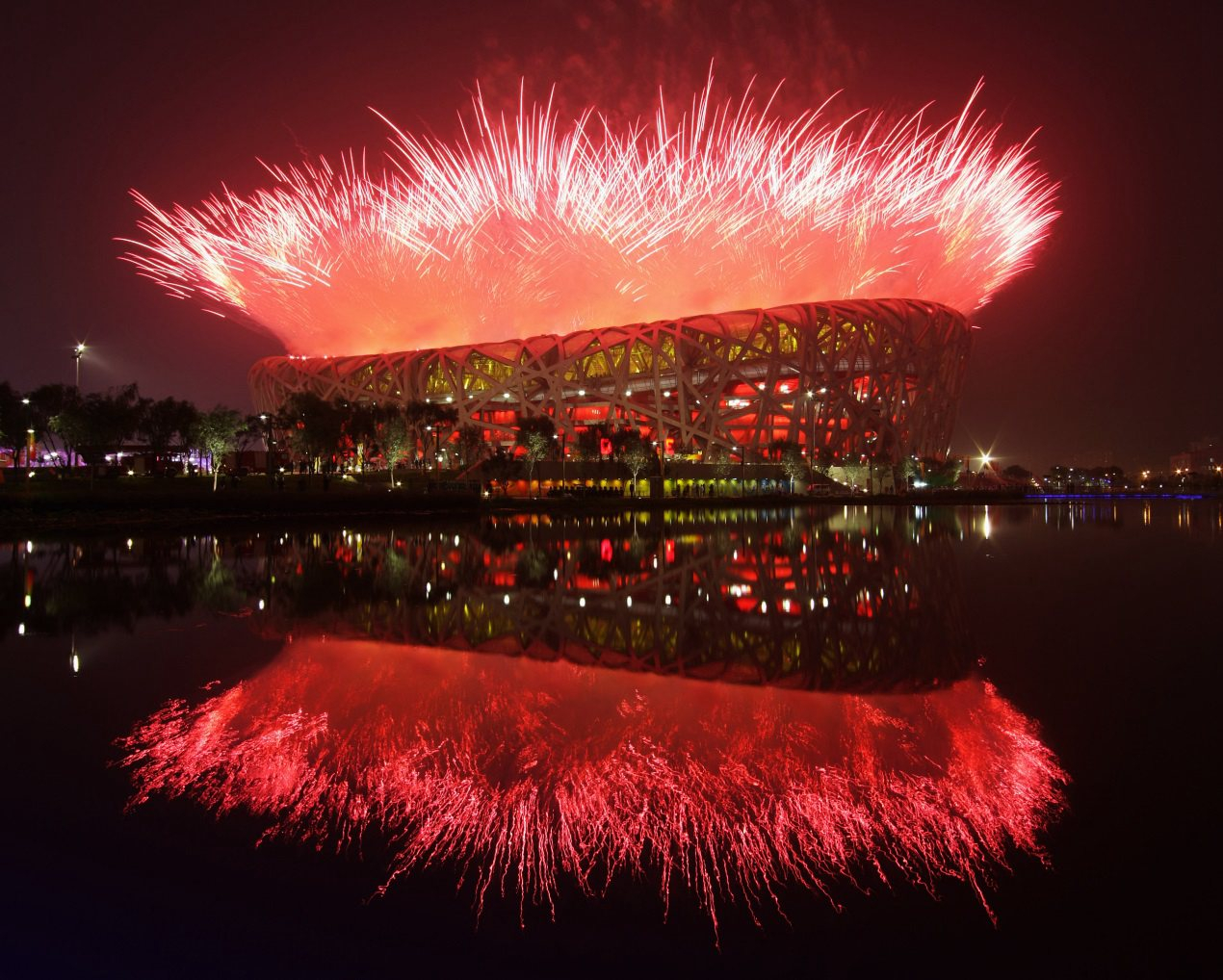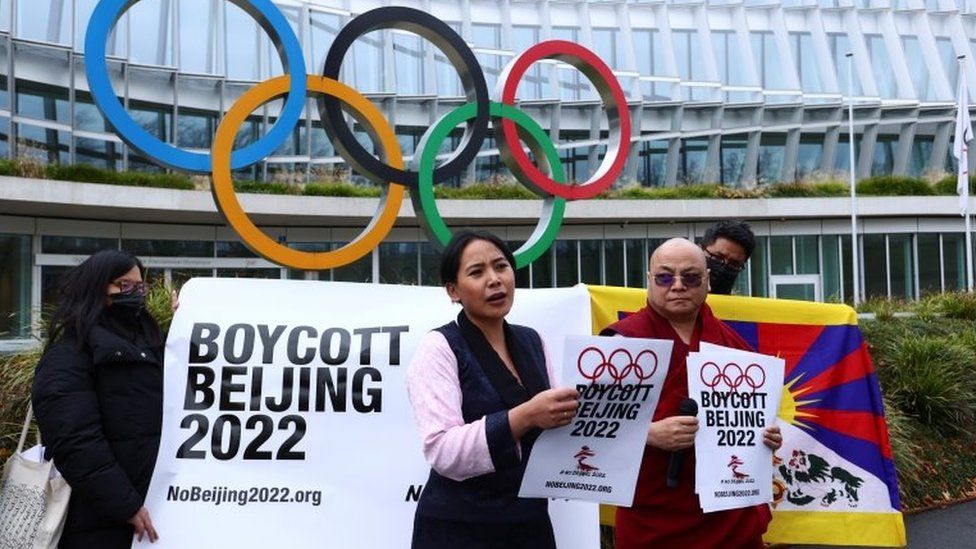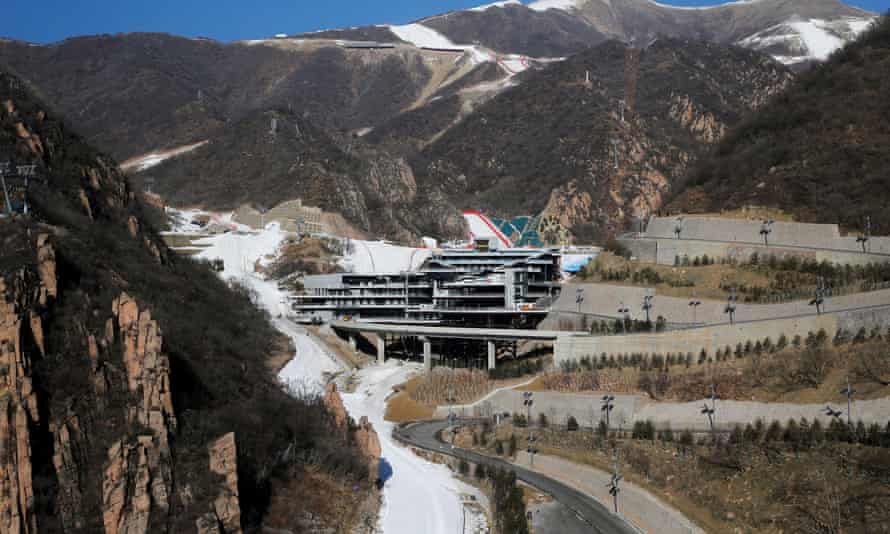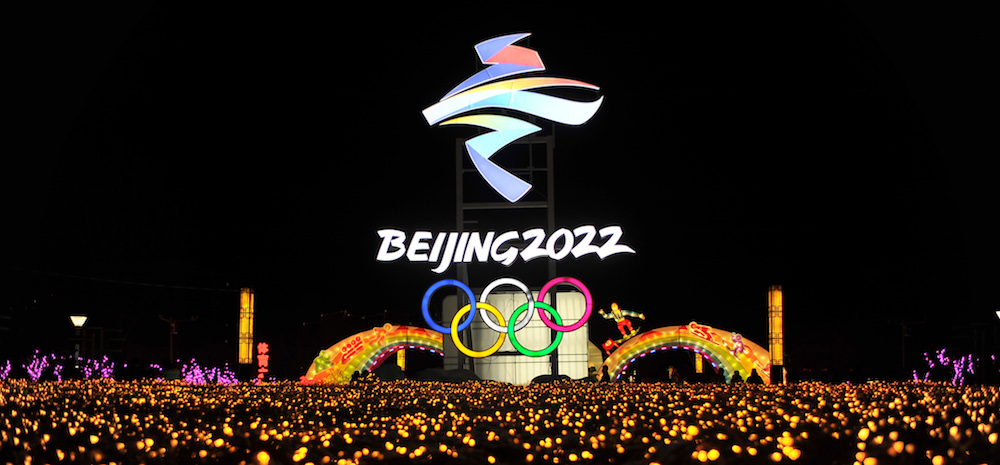BEIJING: China is all set to become the first country to host both the Summer and Winter Olympics, as the 24th Winter Games gets underway on Friday.
Chinese President Xi Jinping affirmed that his country would do its best to make the event splendid, safe, and streamlined. “The world is turning its eyes to China and China is ready. We will do our best to deliver to the world a streamlined, safe, and splendid Games,” he said on Thursday.
The bulk of the sporting action will commence on Saturday – a day after the opening ceremony – although initial matches in the mixed doubles competition began on Wednesday.

Structure of the Games
The Games will take place over 16 days – from 4-20 February, and include several sports, notably speed skating, figure skating, curling, alpine skiing, and ice hockey.
Sliding sports like bobsleigh, skeleton and luge and alpine skiing will take place in Yanqing, a district located 75 km from Beijing.
The mountains of Zhangjiakou, situated at a distance of 180 km from Beijing will host ski jumping, biathlon, and cross country running.
It’s pertinent to mention that all venues have been sprayed with artificial snow. An estimated 222.8 million liters of water have been utilized for this purpose.
This has raised significant environmental concerns and increased pressure on the International Olympic Committee (IOC) which now faces mounting questions about the environmental cost of the Games over claims that the alpine runs were constructed in a protected nature reserve.

Shrouded in Controversy?
The Games are being held against the backdrop of controversies that saw the U.S. and Britain staging a diplomatic boycott over the alleged human rights abuses in Xinjiang.
Other countries including Australia, Belgium, Canada, Denmark, Estonia, and Lithuania have followed suit by refusing to send officials to Beijing for Friday’s opening ceremony.
Earlier, the International Olympic Committee (IOC) came under heavy criticism from human rights organizations and individual activists, for awarding Winter Olympics to China.
The Muslim Uighur population of Xinjiang has been allegedly subjected to human rights abuses including detention, forced conversion, sterilization, rape, and mass surveillance by the Chinese government.
Beijing denies the allegations as Western propaganda and interference in the internal affairs of the country. It categorizes the camps as reeducation facilities that impart vocational training.
Human Rights Watch calls China’s treatment of Uighurs in Xinjiang a crime against humanity, while the US Department of State says “genocide” has been committed. China says the camps are skills training centers and necessary to counter “extremism”.

Tackling Covid-19
Following Tokyo Olympics 2021, the forthcoming Games in Beijing are the second such event to take place amidst the Covid-19 pandemic. Like last year, there will be no spectators in attendance this time around as well.
In Beijing, the Covid protocols are even tougher. The government claims that it’s focusing on zero spread [of Covid cases] rather than zero cases – and so far, it has been successful. The 2022 Beijing Games are likely to become the largest and most effectively controlled international sporting event held to date.
A closed-loop system is in place to ensure a virus-free event. All 60,000 athletes, team officials, media representatives, volunteers and more have been placed under a strict Covid prevention regime.
Attendees have to wear masks and practice social distancing inside their bubble zones – while PCR test is carried out on a daily basis and registered on a purpose-built application called ‘My 2022’ to keep a track of cases. Infected participants are held in isolation centers until they become disease-free.
The Chinese government is using all means available at its disposal to deliver a safe environment to all participants. So far, the authorities have found only 300 cases. Inside the bio-bubbles, robots are seen serving food while innovative nap cubicles have been set up to provide ease with safety.
Since there are three main-gated “bubble areas” spread over a 160km area, high-speed trains are designated for traveling to and fro between these gates.

Major Participating Teams
The United States team comprising 224 athletes is by far the largest squad to participate in the Beijing Games. Canada has sent 215 athletes while Russia is participating with a 212-member squad. China has a 174-strong team while Switzerland follows with a 167-member delegation.
Almost 3,000 athletes from 91 nations will compete to get their hands on one of 109 gold medals on offer across seven sports.
The author covers politics and foreign affairs for Truth International Magazine. He can be reached at [email protected] or at https://twitter.com/shahmir_niazi










